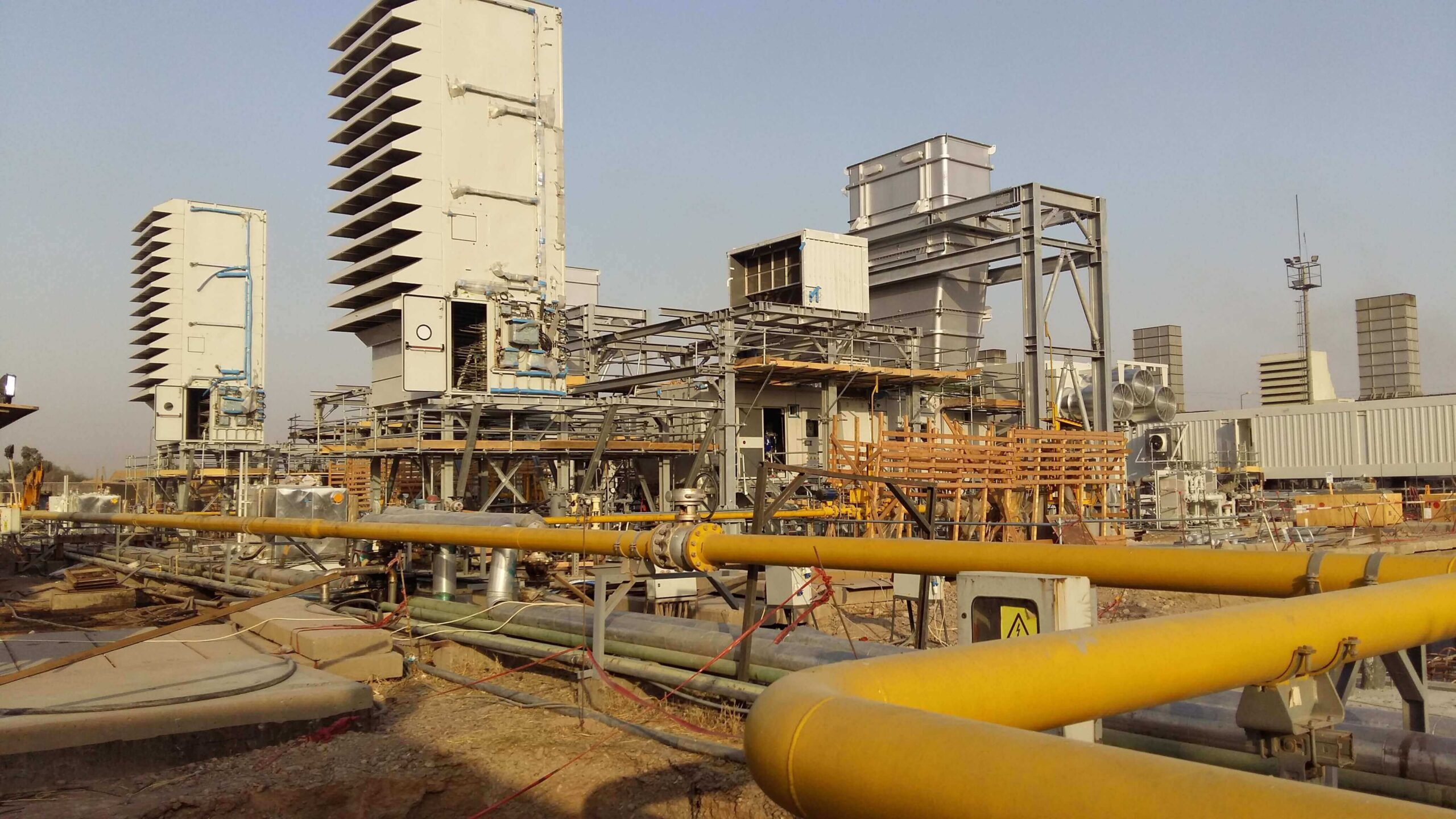-
Fil d’actualités
- ECOSYSTEM
- EXPLORER
-
Pages
-
Groupes
-
Evènements
-
Blogs
The Power of an Engineering Company in Iraq in Driving Reconstruction

The role of an engineering company in Iraq is critical to the nation’s development, driving infrastructure, energy, and economic progress in a region rich with potential yet fraught with challenges. Iraq’s strategic position and vast natural resources, particularly in oil and gas, have made it a focal point for engineering expertise. These businesses are helping to shape Iraq's path towards modernisation and resilience by restoring war-torn infrastructure and developing sustainable energy solutions.
Iraq’s engineering landscape has evolved significantly since the mid-20th century, spurred by the oil boom and subsequent reconstruction efforts. The country’s infrastructure, heavily damaged by decades of conflict, requires robust engineering solutions to restore and enhance urban and industrial systems. Engineering firms in Iraq operate across diverse sectors, including civil, mechanical, electrical, and environmental engineering, addressing needs from transportation networks to water management. The market for engineering services is substantial, driven by government initiatives to diversify the economy beyond oil, with projects like the Basra Metro and the reconstruction of Mosul’s infrastructure underscoring the demand for skilled engineering.
A key focus for engineering companies in Iraq is the oil and gas sector, which accounts for over 90% of the country’s export revenue. Firms provide end-to-end solutions, from seismic surveys and drilling to pipeline design and refinery upgrades. Major fields like Rumaila and West Qurna rely on engineering expertise to optimize production while adhering to safety and environmental standards. Beyond hydrocarbons, renewable energy is gaining traction. A move towards sustainability is demonstrated by initiatives like solar farms in the Sunni Triangle and wind energy trials in Kurdistan, where technical firms are creating systems to utilise Iraq's plentiful sunshine potential and address electricity shortages.
Infrastructure development is another cornerstone of engineering work in Iraq. The country’s ambitious plans include modernizing roads, bridges, and airports, such as the ongoing expansions at Baghdad International Airport. Urban planning projects aim to create smart cities with energy-efficient buildings and resilient water systems, crucial in a region prone to drought. Desalination plants and advanced irrigation networks, engineered to combat water scarcity, are vital for agriculture and urban populations. Additionally, healthcare and education facilities, like new hospitals in Erbil and universities in Najaf, incorporate seismic-resistant designs and sustainable technologies to meet modern standards.
Several engineering firms have made significant impacts in Iraq. Fluor Corporation has contributed to oilfield developments and power generation projects, leveraging global expertise. KBR focuses on energy and infrastructure, delivering complex projects under challenging conditions. Hill International provides project management for reconstruction efforts, ensuring timely delivery. Saipem excels in offshore and onshore oil and gas engineering, while Petrofac supports field operations with innovative designs. Parsons Corporation integrates technology in transportation and urban projects. In this dynamic landscape, MUE Group stands out as a leading engineering consultancy and construction (EPC) company in Iraq, established in 1991, offering comprehensive services in infrastructure, power, and oil and gas, with expertise in engineering design, project management, and sustainable solutions across the MENA region.
Challenges for an engineering company in Iraq are substantial. Geopolitical instability and security risks complicate project execution, requiring robust risk management strategies. Harsh environmental conditions, such as extreme heat and sandstorms, demand durable designs and materials. Regulatory complexities and bureaucratic delays can hinder progress, while a shortage of skilled local labor necessitates investment in training and partnerships. Despite these hurdles, opportunities abound. With the help of oil profits, Iraq's reconstruction budget surpasses billions of dollars every year, drawing in both domestic and international businesses. The push for digital transformation, including Building Information Modeling (BIM) and Internet of Things (IoT) applications, is revolutionizing project delivery, enhancing efficiency and transparency.
Emerging trends point to a future of innovation. Sustainability is a priority, with firms exploring green building materials and low-carbon technologies to align with global climate goals Infrastructure projects are being expedited by public-private partnerships, and design and upkeep are being improved by advancements in digital twins and artificial intelligence. The government’s focus on economic diversification, including tourism and industrial zones, opens new avenues for engineering expertise.
In conclusion, an engineering company in Iraq plays a vital role in rebuilding and modernizing the nation, navigating complex challenges to deliver transformative projects. As Iraq continues to invest in its future, these firms will remain essential, blending innovation and resilience to create a sustainable and prosperous landscape for generations to come.

- Art
- Causes
- Crafts
- Dance
- Drinks
- Film
- Fitness
- Food
- Jeux
- Gardening
- Health
- Domicile
- Literature
- Music
- Networking
- Autre
- Party
- Religion
- Shopping
- Sports
- Theater
- Wellness


